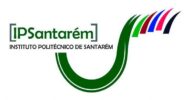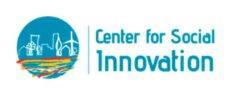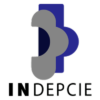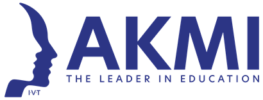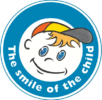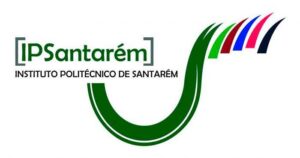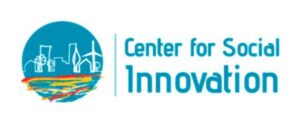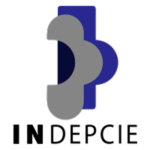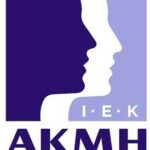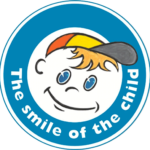What is FEMST?
FEMST is an Erasmus+ funded project that aims to provide in-depth information about the gender gap that is relevant with gender equality in the STEM field at its early stages, when teachers’ gender biases affect the performance of pupils.
FEMST will support teachers on inspiring STEM among the female students and address the needs of women studying in STEM in order to reduce the dropout rate long-term.
The goal of FEMST is to offer in-depth information and knowledge about the gender gap in the STEM fiel in Europe, especially in the countries of the consortium (Netherlands, Cyprus, Greece, Spain and Portugal) for their personal and/or professional development, ultimately for the benefit of the kids they are responsible for.

The FEMST project priority target groups are:
· Career councillors in upper secondary education
· School teachers/educators
· Academic staff
· University recruitment officers
· Primary education female students
· HE female students studying in STEM
FEMST Project Information
Project Title: Empowering girls with knowledge and confidence in STEM to become future STEM leaders – FEMST
Project Acronym: FEMST
Project Number: 2022-1-NL01-KA220-HED-000090191
Start Date: 01st November 2022
Finish Date: 31st October 2024
Intended objectives of the project:
· Encourage gender-responsive training approaches for teachers and counsellors that focus on tackling gender biases in the classroom
· Train primary school teachers for the implementation of the Curriculum and the application of the tools contain in their own teaching, regardless of subject
· Disseminate the Animated Series of Stories and other activities/tools with children in the classroom through the teachers
· Facilitate the dissemination and sustainability of project results involving key stakeholders and policy makers at national and EU level
· Enable female students to develop their scientific capacities and inspire them to get involved in STEM-related activities overcoming gender prejudice in the field
Eindhoven University of Technology
Eindhoven University of Technology (TU/e) educates students and advances knowledge in science & technology for the benefit of humanity.
Polytechnic Institute of Santarém
The Research Hub ‘Digital Literacy and Inclusion’, based at the Polytechnic Institute Santarém
Center for Social Innovation (CSI)
Center for Social Innovation (CSI) is a Research and Development organization
INDEPCIE
INDEPCIE (Institute for the Personal Development, Entrepreneurship, Coaching and Emotional Intelligence)
AKMI
The Institute of Vocational Training AKMI is the largest VET provider in Greece and one of the 7 largest in Europe.
THE SMILE OF THE CHILD
The Smile of the Child’ (TSoC) is the largest recognized non-profit organization in Greece in the critical field of child protection, search and rescue of missing children…

Online Toolkit
FEMST Training Online Toolkit
This online platform will provide teachers/academic staff/STEM students a common online space, tools and resources to obtain knowledge and practical experience related to the issues regarding girls in STEM
This toolkit will be available in all 5 languages and will be open for registration in early 2024.
Contact the team for further information.
Training and Education
What can FEMST offer you ?
1. Training Package for teachers and academic staff
Development of a training package of 6 modules:
- Module 1 - STEM Breakthroughs to Global Challenges
- Module 2 - Bridging the Gender Division through Digital Knowledge
- Module 3 - Sustainable Engineering and the Role of Women in STEM
- Module 4 - Female Role Models in STEM Sciences and their Impact
- Module 5 - Data Collection and Analysis Techniques
- Module 6 - Artificial Intelligence is the Future (?)
NEWS
Keep up to date with all the project information

Newsletter WP3
FEMST – Empowering girls with knowledge and confidence in STEM to become future STEM leaders – WP3 Newsletter “FEMST Virtual Learning Environment / Online Platform
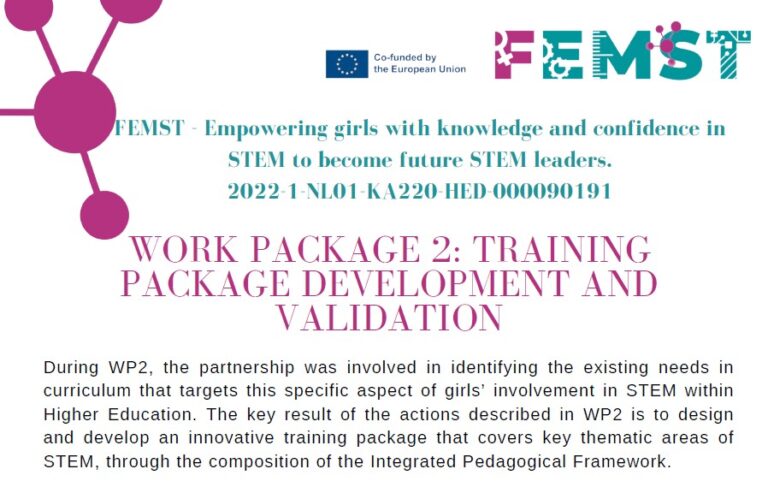
Newsletter WP2
FEMST – Empowering girls with knowledge and confidence in STEM to become future STEM leaders – WP2 Newsletter “Training Package Development and Validation” Newsletter WP2
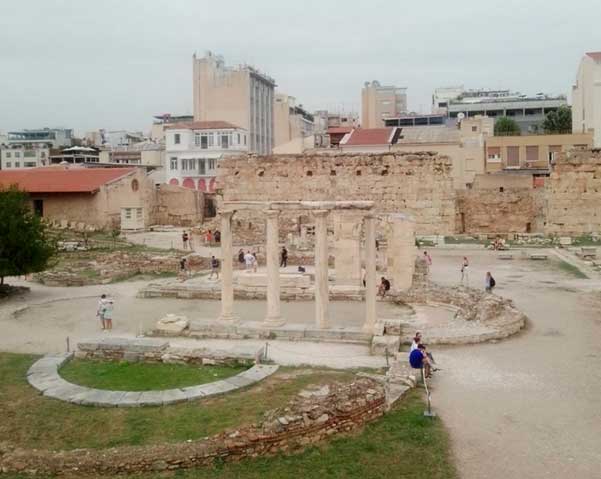
Empowering girls with knowledgeand confidence in STEM to become future STEM leaders
Article N1 Artículo N1 Άρθρο N1
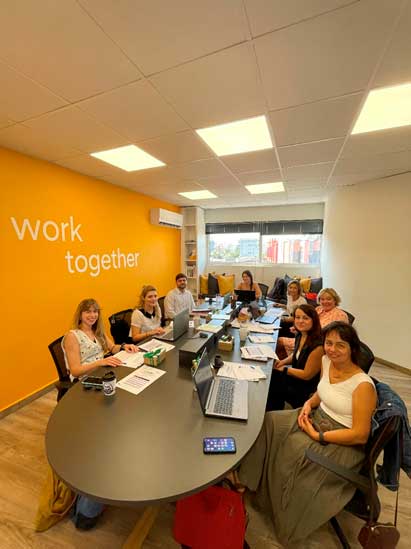
Meeting in Athens
2nd MEETING of the Erasmus + FEMST! We are very happy to tell you on the 21st and 22nd of September, the FEMST project partners
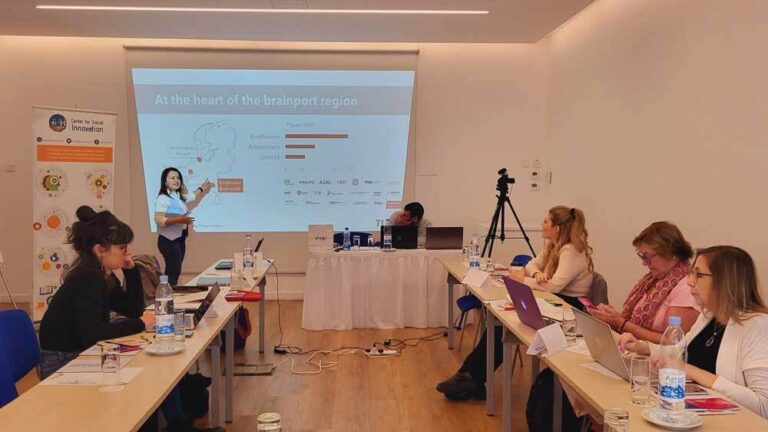
What happened in this meeting?
What happened in this meeting? A general discussion of what is expected from FEMST was set. As we want to make our best for the
CONTACT US
Erasmus Femst

The European Commission’s support for the production of this publication does not constitute an endorsement of the contents, which reflect the views only of the authors, and the Commission cannot be held responsible for any use which may be made of the information contained therein.
FEMST: Empowering girls with knowledge and confidence in STEM to become future STEM leaders
2022-1-NL01-KA220-HED-000090191









